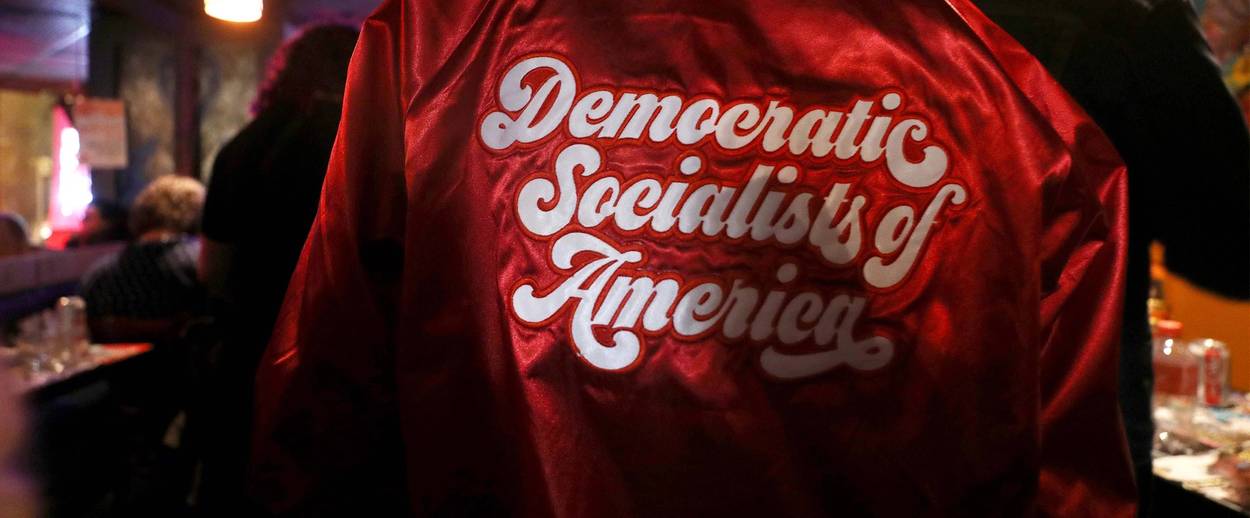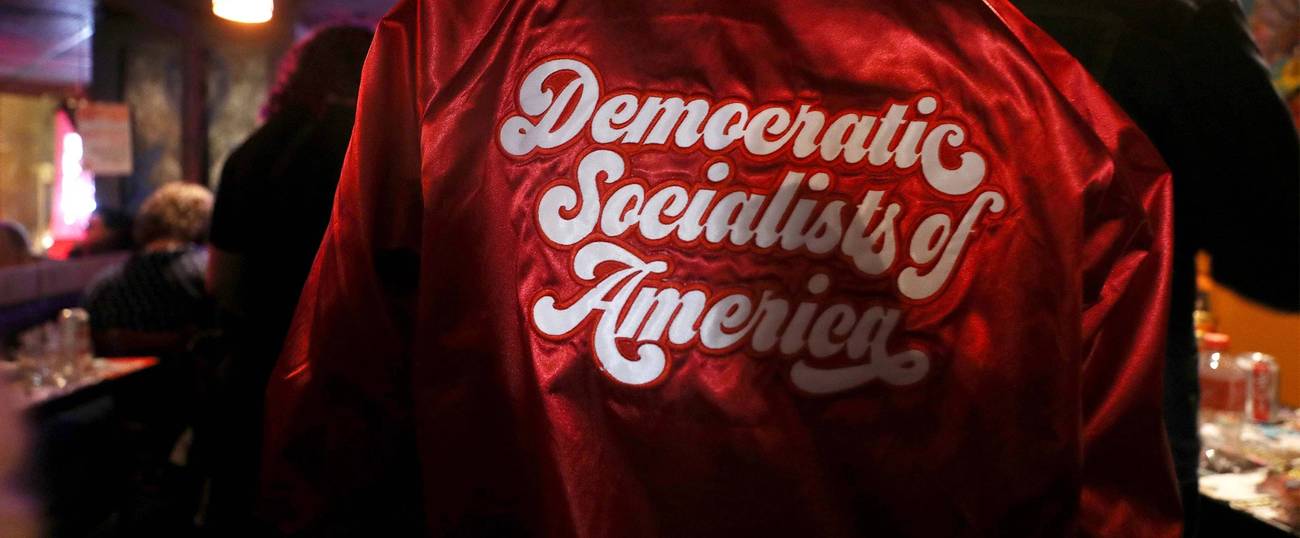The Futility of Bernie Sanders
Is the presidential candidate a democratic socialist, a left populist, or something else?




What should lifelong democratic socialists and social democrats, like me, think about Bernie Sanders, the democratic socialist? He isn’t like the socialists whom we know from other countries, where this kind of politics is much more common than it is in the United States. Socialist politicians usually emerge from powerful social movements like the old labor movement or from political parties like the Labour Party in the United Kingdom or the Social Democrats in Germany. Sanders does not come out of, nor has he done anything to build, a significant social movement. That wouldn’t be an easy task in the United States today; in any case, it hasn’t been his task. He has, moreover, never been a member of a political party—not even of the Democratic Party whose nomination he is now seeking. He has never attempted to create a democratic socialist caucus within the party. For all the enthusiasm he has generated, he has no organized, cohesive social or political force behind his candidacy. If he were elected, it is hard to see how he could enact any part of his announced program.
Several conservative writers have said it: Sanders is best understood as a left populist. He stands to the Democratic Party today very much like Trump stood to the Republican Party in 2016. I understand that Sanders stands for policies radically different from Trump’s. He speaks to the needs of millions of vulnerable Americans and to the anxieties of young people entering an unwelcoming economy—and, like populists everywhere, he promises to solve all their problems. But he stands in the political arena without the political support necessary to do that or even to begin to do that. He claims to be leading a movement. Look closely: He is alone with his excited followers.
The conversion of the Republicans into a Trumpist party was never likely to be repeated in the conversion of the Democrats into a Sandersist party. The Republicans were well on their way to Trumpism before the appearance of Donald Trump. The particular awfulness of GOP politics today required the man, but the man came to power because of the preexisting awfulness of the party. Sanders’ left populism has no preexisting version among the Democrats. Mostly, they have been and still are comfortably centrist. Their most successful politician in recent years, Barack Obama, was centrist to a fault. And the beginning of what we hope was a political comeback in 2018 was powered by centrist candidates defending Obama’s chief achievement, the Affordable Care Act. Even a Sanders victory, unlikely now, wouldn’t create a congressional party ready to support his program.
Like any populist politician, Sanders is promising many things that he must know he can’t deliver. Nor has he been willing (unlike Elizabeth Warren, who is more engaged in party politics) to hint at the kinds of compromises he might be prepared to make—to win or to govern. His most fervent followers sound very much like sectarian leftists who regard any compromise, any deviation from the “progressive” program, as a betrayal. The anger of his base, or parts of it, is much like the anger of Trump’s base. Populism of any sort seems to produce ugliness at the edges—and then what should we make of the man at the center? How will he appease it?
For all the enthusiasm he has generated, Sanders has no organized, cohesive social or political force behind his candidacy.
Of course, if Sanders were to win the nomination, this social democrat would support him, wincing at the promises-never-to-be-kept, hoping for a victory, and then looking for the necessary compromises. For a while Sanders looked almost like a winner—almost. He generated the kind of excitement that we have seen in populist campaigns in other countries; he raised money in small amounts from large numbers of men and women who can afford no more; he built and paid for an effective electoral organization. His appeal to Democrats who vote in primaries seemed strong. But even before South Carolina, he was in fact failing to deliver on his promise of a political revolution. He was not able anywhere to increase the number of people voting. He could not do what victorious populists have to do: pull new people, previously passive and voiceless people, into the electorate. His numbers, even among the young, compare poorly with those of Obama in his first run in 2008. He is (maybe we should be grateful) a revolutionary manqué.
Partly because of Sanders and certainly to his credit, there are many democratic socialists active in local and state politics across the country. His defeat would hurt these activists, diminish their chances of political success. But I think that they have staying power; they are unlike Sanders in one important way: They are working inside the Democratic Party.
But there is a larger, more immediate danger: If Sanders attacks Biden the way he attacked Clinton in 2016 and if his supporters sit out the election as many say they will, he and they together could contribute to a Republican victory—a disaster not only for the Democratic Party but also for American democracy. Four more years of Trump means four more years of packing the courts with right-wing ideologues and reshaping the electorate so as to reduce the number of minority voters. I doubt that the old democratic practice of rotation in office would survive. How would the Democrats ever again win a national election? And if they did win, how would they get any part of their (centrist or leftist) program past the courts?
A slightly left-leaning centrism would probably be the best way to win in 2020, the best response to Trump and to the populism of the right. I had hoped for something better, but a Biden-Warren ticket might be what the Democrats and the country need: four years of calm and then four years of “plans.” Something like that, or some variation on it, would seem to be what worked in 2018. And if and when a Democratic victory avoids the disaster of a Trump triumph, it will be possible to pursue the political project that Sanders never showed any interest in: to turn the Democrats into good social democrats. The party of the New Deal is a useful model. It required the hard work of politicians inside the party, like Robert F. Wagner of New York and Frank Murphy of Michigan, and of labor organizers like the Reuther brothers working outside. The truth about Sanders is that he doesn’t look anything like those necessary people.
Michael Walzer is professor (emeritus) at the Institute for Advanced Study in Princeton. He is the author of Just and Unjust Wars and The Paradox of Liberation, among other books, and the former co-editor of Dissent magazine.